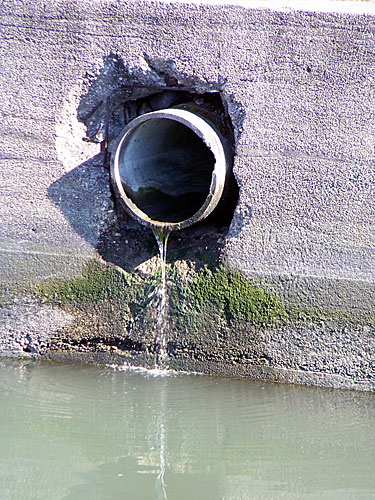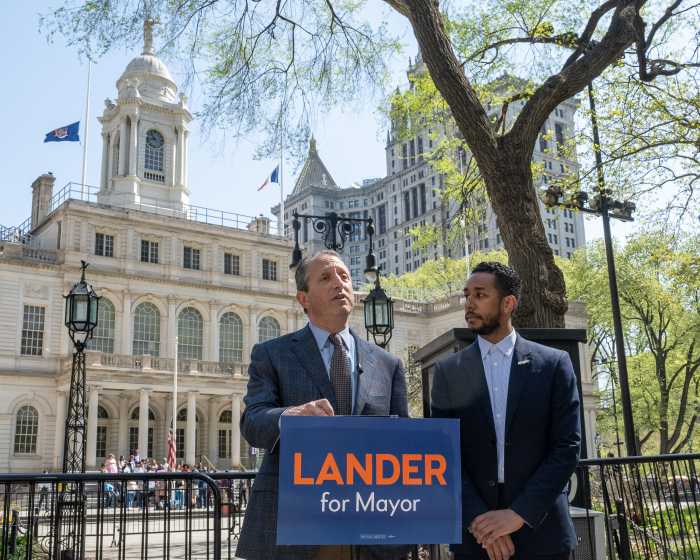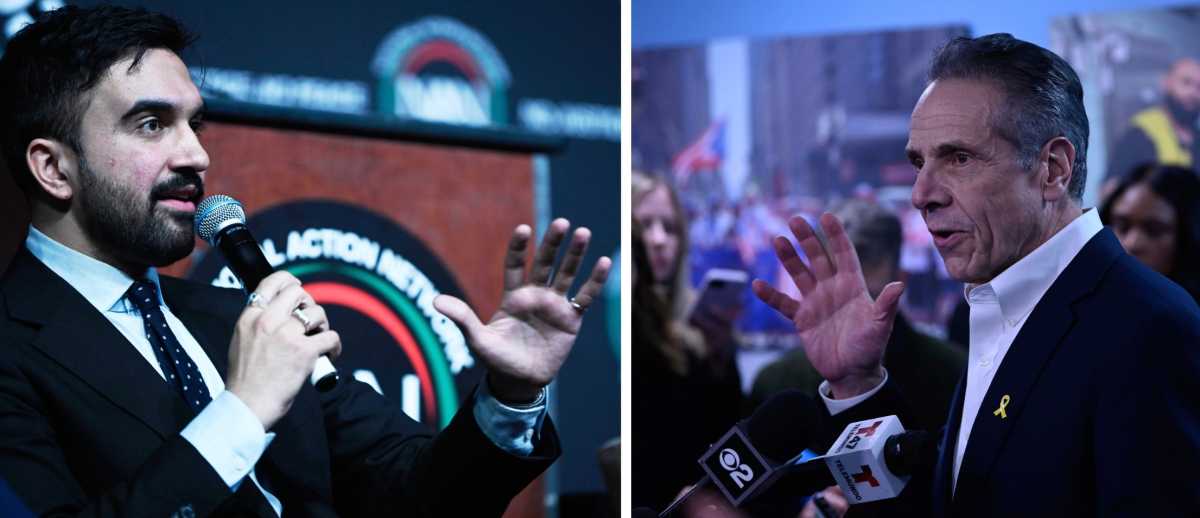Federal environmental officials may be getting their hands dirtier than they expected as they embark on a massive clean-up of the fetid Gowanus Canal.
Environmental Protection Agency representatives told a community advisory group this week that they are close to a decision on whether the proposed $500-million Superfund clean-up will include fixing the waterway’s main lingering problem: the raw sewage that routinely overwhelms the canal during heavy rainfall.
News that the federal agency is even examining the sewage problem is significant because the feds have insisted that their concern is the legacy of industrial pollution buried in the sediment along the 1.8-mile waterway — and not the sewage overflows, which occur when stormwater overwhelms the city’s archaic sewage system, dumping a disgusting slurry of human waste directly into the canal.
Critics of the federal effort believe that the Superfund clean-up will fail unless something is done about the 300 million gallons of befouled water that dumps into the waterway each year.
EPA Project Manager Christos Tsiamis said that the decision would come down to whether tests revel that the noxious chemical cocktail at the bottom of the waterway contains substances such as PCBs, volatile organic compounds, pesticides and metals — which by law may be addressed by the Superfund, a federal program that forces the polluters to pay for the clean-up.
“If the data proves that the Gowanus Canal’s sewer overflows contribute to its contamination, then they will be dealt with,” Tsiamis said.
But if the overflows are found to only contain biological pathogens — and there are a lot of them, a 2006 study found — then it will be up to the city and state to deal with water quality under another federal law, the Clean Water Act.
The city says its already doing its part, spending $85 million to fix a wastewater pumping system, which it says will improve the canal’s water quality.
Residents insisted that the EPA ought to be focused on the sewage, too.
“Sewer overflows are of primary importance to this group,” said Steven Miller, a Gowanus resident and member of the community advisory group. “We don’t really care if the EPA is concerned with combined sewer overflows — we are.”





















